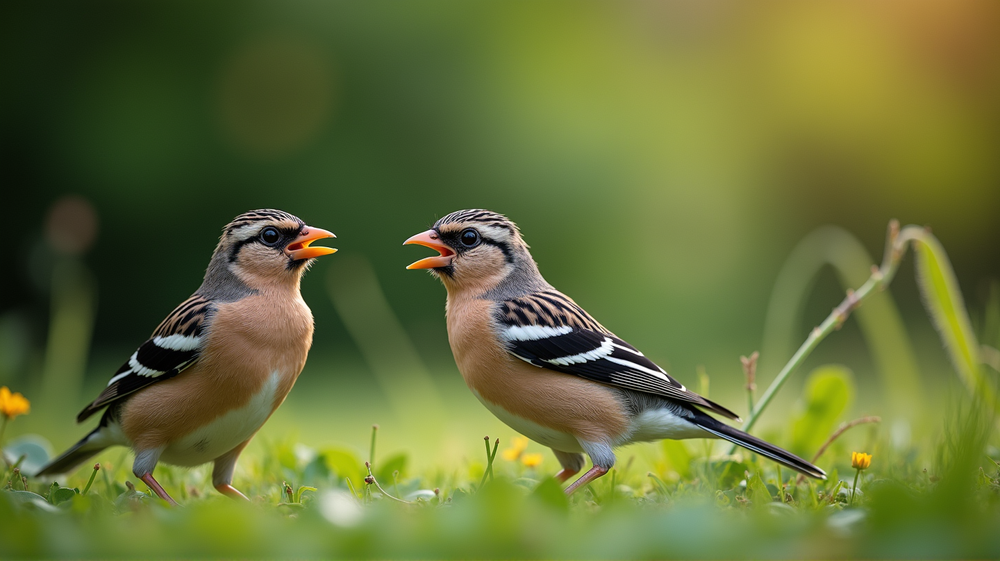Unlocking the Secrets of Songbirds: Lessons in Mastering New Skills
Spring heralds a symphony of renewal, with songbirds taking center stage in nature’s grand performance. But beneath the melodious tunes of zebra finches lies a tale of intense dedication and neurological wonder. As these charming avians work tirelessly to perfect their species-specific songs, they unknowingly unveil secrets about the human learning process that could redefine how we perceive skill acquisition and motivation.
From Squeaks to Symphonies: The Journey of Mastery
In the heart of North Carolina, at Duke University, a team of dedicated researchers embarked on a fascinating exploration into the worlds of zebra finches. Known for their simplistic yet profoundly expressive songs, these birds have become emblematic of intrinsic learning motivation. Over a month of consistent practice involving hundreds of daily renditions, these finches transform from novice noisemakers into symphony maestros. Discover Magazine reveals the brain signals that accompany this remarkable evolution.
The Chemistry of Learning: Dopamine’s Role
At the core of this research lies a pivotal revelation: the key role of dopamine in intrinsic motivation. As findings from Nature suggest, dopamine isn’t merely an agent for reward-driven behavior but a cornerstone of learning for its own sake. As the finches practice their tunes in soundproof solitude, each attempt enriches their basal ganglia with dopamine, rewarding their persistence and facilitating flawless replication of their inherited melodies.
Cross-Species Insights: From Birds to Humans
The implications of these findings reach far beyond avian realms. As neuroscientist Richard Mooney eloquently notes, the methodologies demonstrated in birds resonate across species, including humans. The brain regions and neurotransmitters involved—dopamine and acetylcholine—are ubiquitous among animals with backbones. These shared pathways illuminate our understanding of skill acquisition, whether it’s playing a piano or learning new motor skills like cycling.
Unlocking Potential: Applications in Neuroscience
Understanding the intrinsic drive exemplified by zebra finches holds promise for myriad applications in human health. Insights into dopamine signaling offer a potential key to unraveling the complexities of neurological disorders like Parkinson’s disease and schizophrenia. As the finches sing, they serenade us with not just their songs but potential breakthroughs that can enhance human lives and cognitive health.
A New Dawn for Learning Theories
The paradigm shift inspired by these finches urges us to reconsider our approach towards motivating learners, be they birds or humans. Intrinsic dedication, as modeled by these songsters, paints a future where education is enriched with persistence-driven passion rather than solely reward-based achievements.
Through the intricate ballads of the zebra finches, we gain a profound lens into our own potential. Their unwavering songcraft inspires a reimagining of learning landscapes, beckoning us to listen closely to the birdsong within our own brains.




